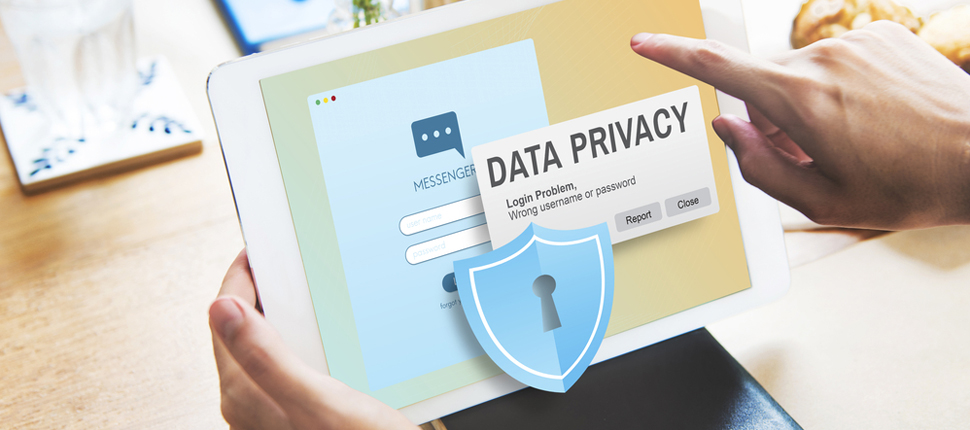Why is Online Privacy Important and What You Can Do to Protect It?

Are any of these scenarios familiar?
An email that says: “We know about the sites you regularly visit. Pay us so that we keep it a secret from your friends, family, and colleagues.”
Your friends text that are receiving unusual messages from your Facebook account, and you realize your Facebook account has been hacked.
You get a SMS that says: “Thank you for paying X amount of money and registering for our gaming service,” when you had not.
These are just a few of the examples of online privacy issues that people face every day. You might be one of these people, as well. The question really is not if, but when it will happen to you or someone you know. So the question is, how do you best protect yourself?
What is online privacy?
Many people mistake online privacy as a concept that is restricted to protecting what activities or actions they are ‘doing’ online. But this is just a small piece of the bigger picture. It is also about the kind of data (about yourself) that you share online.
Your data identifies who you are. This includes personally identifiable information (PII) such as your driving license number, credit card information, phone number, address, date of birth, and more. It basically includes all data that is extremely personal to you, and which can be used to do you harm if cybercriminals get access to it.
Your online activities and your personal data are a potent combination cybercriminals can use against you. Everything that you do on the internet, the websites you visit, the social networks you frequent, the apps you download from app stores, the purchases you make, your interactions with friends, family and colleague, leave a huge digital paper trail.
This trail is full of critical data that offers criminals a comprehensive picture of you as a person. It includes your personality, opinions, interests, attitude, and lifestyle. But even more critically, it exposes your vulnerabilities. These are then exploited in different ways by hackers and all manner of cybercriminals.
Importance of online privacy
Maintaining your personal privacy online is all about protecting your identity. We do not want our personal information to fall into the wrong hands. There are things you wish to keep private, because they are personal to you, and the world at large doesn’t have a right to know these things.
Think of a scenario where you visit an online medical site. You share some extremely personal healthcare information that passes into the wrong hands. While you just wanted some more information about a condition, for example, you did not realize the dangers of sharing such information online. Say a hacker accessed this information and then threatened to make this information public. This has the potential to adversely impact your personal and professional life. You are at the mercy of the hacker.
But if you take certain steps to protect your online privacy, you might never be in this situation.
Your online privacy and security are in your hands
Here are a few things you can do to ensure cybercriminals find it difficult to invade your online privacy:
- Be serious about your passwords. Ensure they are strong and complicated. Don’t make it easy for cybercriminals to crack them.
- Store your passwords in a secure password manager only. Also make sure that the password for the password manager is extremely strong.
- Be careful when clicking advertisements, because browsers that use Do Not Track (DNT) do not stop all tracking in every case.
- Be careful about the files you download from the internet and the attachments that appear in your mails. Download apps/software/files from reputed sites, and only from emails sent by contacts you trust.
- In a post GDPR world, sites are mandated to inform visitors the kind of information they collect and how they will use it. Don’t ignore such information, and if you are hesitant to share information on a site, don’t (a golden rule to live by).
- Be very careful about sharing photos, posts, and videos online. Ideally, share only the bare minimum information, and only if you must.
- Back up all your important data. In the event your computer experiences a ransomware attack, where your data is held for ransom, you still have access to your data.
- Get advanced antivirus protection for your PC and Mac, such as Sophos Home, and keep it updated all the time.
- Make sure you have only the latest version of an OS. Don’t forget to install updates and patches.
There are many options for safeguarding your privacy online. A little forethought and knowledge can go a long way to protecting your most valuable data.
Did you know that cybercriminals can use your webcam or microphone to secretly spy on you? Scary, right? Sophos Home stops these attacks in their tracks. It alerts you whenever an application or process attempts to access your webcam or microphone. Unknown or unwanted applications can be blocked, and those you trust can be allowed to run.